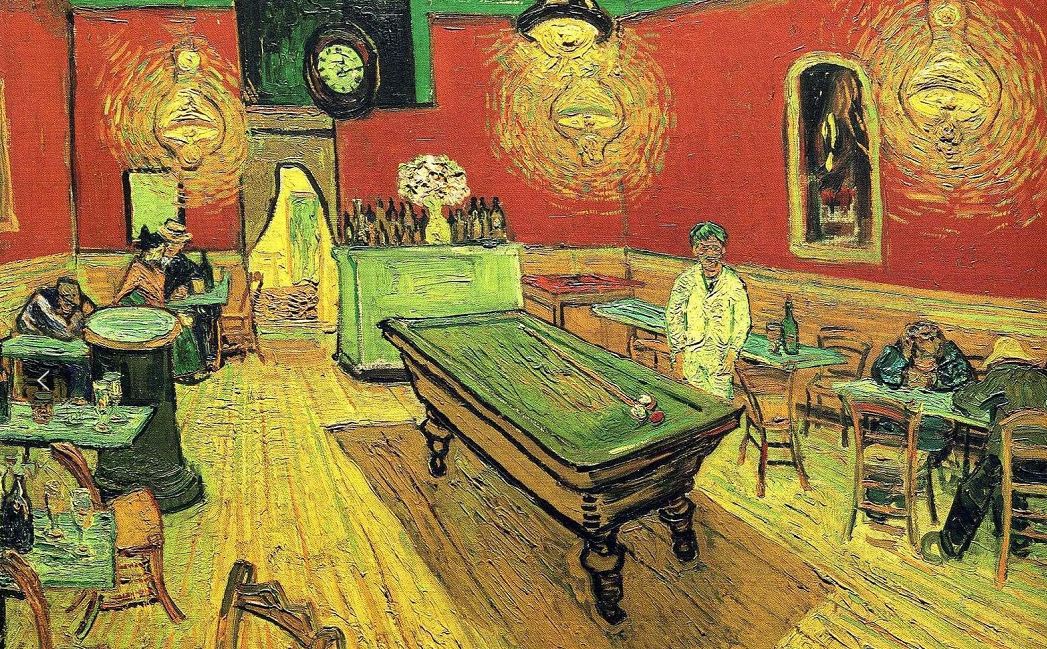
立陶宛的垃圾回收为何领先欧洲 | 外刊精读
本期精读文章选自The Economist对于立陶宛垃圾回收计划的报道Why Lithuanians cash in on their trash
欧洲国家立陶宛在垃圾回收上做得非常出色,其中一个重要原因是他们实行了一个“垃圾存退款”方案——购买饮料时需要交押金,等饮料喝完后退回瓶子可以拿到押金。同时,由于该国严重的贫富不均问题,很多立陶宛人非常热衷于捡瓶子换钱。但作者同时指出,这一垃圾回收方案从长远来看对环保未必有利,因为它会减少厂商使用环保包装的动力。
这篇文章难度不高,其中有很多与环保相关的表达,值得积累:
首段介绍了立陶宛在垃圾回收上的领先之处。
After the season for giving, ’tis the one for throwing away. Each year in late December and early January a massive amount of plastic packaging is discarded worldwide.
在送礼季过后,人们迎来了大量丢弃东西的季节。每年12月下旬和1月初全球各地都有大量塑料包装被丢弃。
‘tis是it is的缩写,这种写法一般出现在诗歌和文学作品中,文章开头使用这种写法更能吸引读者的注意力。the season for giving指的是刚刚过去的圣诞节和元旦。
注意这里amount的用法,a massive/large/small amount of后面只能接不可数名词,如果要接可数名词需要用a large/small number of…
In Britain alone households generate 30% more waste, an extra 3m tonnes, in the month over Christmas. Most is destined for landfill.
仅在英国普通家庭在圣诞节后一个月内产生的垃圾就比平时多了30%(相当于额外产生了300万吨垃圾)。这其中大多数垃圾被运往填埋场。
something is destined for somewhere是一个固定搭配,意思是“某事物将会前往某地”,例如:The flight was destined for Cairo. 这是飞往开罗的航班。Be destined for landfill也是一个环境话题中经常会出现的短语,可以积累起来。
Almost three-quarters (74%) of plastic packaging waste was recycled there in 2017, the highest proportion in Europe.
立陶宛在2017年有将近四分之三(74%)的塑料包装废料被回收,这一比例在欧洲是最高的。
the highest proportion in Europe属于同位语,句子相当于 …was recycled there in 2017, (which was) the highest proportion in Europe.
第二段分析了立陶宛高垃圾回收率的原因。
Much of Lithuania’s success is due to a deposit refund scheme, introduced in 2016.
立陶宛的成功很大程度上归功于其2016年推出的一个“垃圾存退款方案”。
much of somebody's /something's success is due to…是一个可以借鉴的句型,比如我们要表达“深圳在科技创新上的成功很大程度上要归功于大量的人才”,可以说:
Much of Shenzhen’s success in technological innovation is due to an ample supply of young talent.
Customers pay €0.10 extra when buying drinks containers. After use, these can be fed into reverse vending machines installed in shops, which spit the deposit back out.
顾客在购买瓶装饮料时需要多付0.1欧元,在喝完饮料后瓶子可以送入商店中安装的反向自动售货机中,售货机会吐回之前存入的钱。
By the end of 2017, 92% of all bottles and cans sold in Lithuania were being returned, close to triple the amount before the scheme began. The overall plastic packaging recycling rate increased by almost 20%.
截止到2017年底,在立陶宛出售的所有瓶子和罐头中有92%得到回收,这一数目是回收方案开始前的近三倍。塑料包装的整体回收率提高了近20%。
第三段介绍了普通立陶宛人对垃圾回收方案的看法。
The Lithuanian government says the scheme has ignited a latent love for recycling in its citizens. Nearly 90% of Lithuanians have used the machines at least once.
立陶宛政府说该方案点燃了人们对垃圾回收利用的潜在热爱。近90%的立陶宛人至少使用过一次回收机器。
However, Lithuanians do not generally describe themselves as eco-warriors.
然而,立陶宛人通常不会将他们自己描述成环保卫士。
eco-warriors是指热心于环保事业的人。我们常说的“键盘侠”对应的英文说法则是keyboard warriors
A 2017 survey by the European Commission found they were less likely than most EU countries to regard environmental issues as “very important”.
欧盟委员会2017年的一项调查发现,立陶宛人不太会像大多数欧盟国家那样认为环境问题“非常重要”。
第四段解释了立陶宛人热衷垃圾回收的原因。
The eagerness of Lithuanian recyclers may stem not from a love of the Earth but from a low net worth.
立陶宛垃圾回收者的热情可能不是源于对地球的热爱,而是源于其低净资产。
Lithuania has the second-most unequal income distribution in Europe. A tenth of the population get by on less than €245 ($272) a month.
立陶宛的收入分配不公程度在欧洲排名第二。有十分之一的人口每月依靠不到245欧元(272美元)的收入勉强过活。
get by on something是一个固定搭配,意思是“依靠……勉强过活”,举个例子,要表达“在这座大城市每个月2000元很难过活”,可以说:It is difficult to get by on 2,000 yuan a month in this big city.
In big cities it is common to see people scooping recyclable items out of bins to take to the machines.
在大城市经常可以见到人们在垃圾箱里翻捡可回收的物品,并将它们送往回收机器。
There’s a historical precedent too: in the Soviet Union, bottle collection was often full-time work for those without other jobs.
这里也有一个历史先例在里面:在苏联,对于那些找不到其他工作的人来说,他们通常会将捡瓶子作为主业(立陶宛之前属于苏联)。
结尾段作者提出了不同的看法:这一垃圾回收模式从长远来看未必对环境有利。
Less litter and money for people who need it seems like a win-win. But it might not in fact be best for the environment in the long run.
(这一方案能产生)更少的垃圾以及让有需要的人获得金钱,这似乎是一个双赢局面。但从长远来看,它实际上未必对环境最有利。
第一句中seem之所以要用第三人称单数是因为作者将less litter and money for people who need it当成一个整体来看待。
这种整体的视角在英文中并不少见,比如牛津词典中就有这样的例句:
One third of the world’s population consumes/consume two thirds of the world’s resources.
如果用consumes则意味着将“三分之一的世界人口”当成一个整体来看待,如果用consume则将“三分之一的世界人口”当成一个由很多个体组成的复数概念来看待。
In Germany—where a similar, widely used refund deposit scheme has been in place since 2003—the earnings from keeping the deposits from unreturned bottles seem to have discouraged producers from switching to more sustainable packaging.
德国自从2003年起就广泛实施了一个类似的退款保证金计划,然而保留未回收瓶子的保证金所产生的收益似乎使得生产商不愿转向采用更环保的包装。





